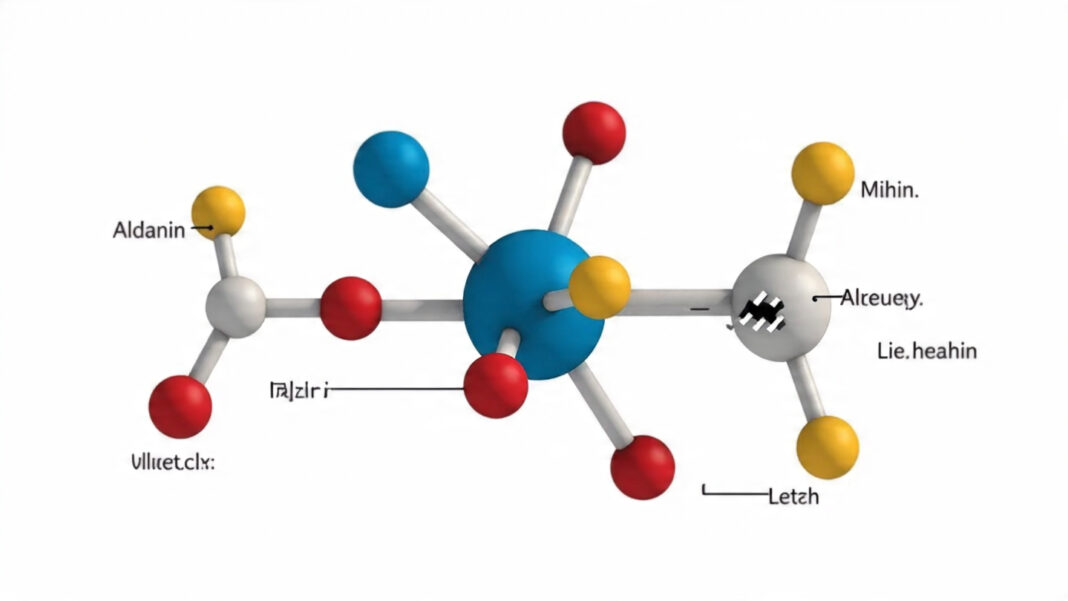Introduction
Ever looked at a medical report and wondered, “What in the world is albumīns?” You’re not alone. Despite being a key player in human health, albumīns rarely get the attention they deserve. These hardworking proteins keep your body balanced—regulating fluid levels, transporting nutrients, and even helping with detox.
In this guide, you’ll discover what albumīns are, why they matter, what happens when levels are too low or high, and how to keep them in check.
What Are Albumīns?
Albumīns are soluble proteins primarily made in your liver. Think of them as your body’s 24/7 delivery drivers, transporting hormones, vitamins, medications, and fatty acids throughout your bloodstream.
Quick Facts:
- Type: Soluble protein
- Made in: Liver
- Main Role: Maintain oncotic pressure (keeping fluid inside blood vessels)
Without albumīns, fluid would leak into tissues, causing swelling and discomfort. They are truly the “glue” holding your fluid balance together.
Why Albumīns Are Essential?
-
Fluid Balance
Prevent fluid leakage from blood vessels into tissues, reducing swelling—especially in legs and ankles. -
Nutrient Transport
Carry essential nutrients like vitamin D, fatty acids, and hormones to where they’re needed. -
Detox Support
Bind with waste and toxins, transporting them to the liver or kidneys for safe removal. -
Drug Distribution
Ensure medications reach the right place in your body without getting lost in circulation.
When Albumīn Levels Go Wrong?
Low Albumīn Levels (Hypoalbuminemia)
Below 3.4 g/dL in blood tests—more common than most people realize.
Possible Causes:
- Liver disease (cirrhosis, hepatitis)
- Kidney disorders (e.g., nephrotic syndrome)
- Malnutrition or starvation
- Chronic inflammation
- Overhydration
Symptoms:
- Swelling in legs, feet, or abdomen
- Fatigue & muscle weakness
- Loss of appetite
High Albumīn Levels (Hyperalbuminemia)
Less common and often a sign of dehydration rather than an overproduction.
Possible Causes:
- Not drinking enough water
- Severe diarrhea or vomiting
- Use of diuretics
Albumīn Blood Test Basics
A simple blood draw can measure albumīn levels, often as part of a liver function test or comprehensive metabolic panel (CMP).
- Normal Range: 3.4 – 5.4 g/dL
- No fasting required
- Results in: 1–2 days
How to Increase Albumīn Naturally?
Your liver needs quality protein and nutrients to produce albumīns.
Best Foods to Boost Albumīn:
- Lean meats (chicken, turkey, beef)
- Oily fish (salmon, mackerel)
- Eggs
- Dairy (milk, yogurt, cheese)
- Legumes (lentils, chickpeas, black beans)
- Nuts & seeds
- Leafy greens (vitamin K, B-complex)
Pro Tip: Stay hydrated—dehydration can artificially raise albumīn readings.
Albumīns & Chronic Illness
- Liver Disease: Damaged livers can’t produce enough albumīn.
- Kidney Disorders: Diseased kidneys may leak albumīn into urine.
- Inflammation: Chronic illness may divert resources away from albumīn production.
FAQs About Albumīns
Q1: Can supplements fix low albumīn levels?
A: Only if caused by poor diet. If liver or kidney disease is the cause, medical treatment is needed.
Q2: Can albumīn levels change quickly?
A: Yes, within days if the underlying cause is treated.
Q3: Does albumīn affect body weight?
A: Indirectly—low levels can cause fluid buildup, leading to temporary weight gain.
Q4: Is IV albumin the same as natural albumīn?
A: IV albumin is purified for hospital use, often in emergencies.
Real-Life Scenarios Where Albumīns Matter
- Post-Surgery Recovery: Healthy albumīn levels aid faster healing.
- Malnutrition Cases: Low levels are a warning sign.
- Cancer Treatment: Oncologists monitor albumīn to gauge patient resilience.
Fun Facts About Albumīns
- Egg whites contain albumin too—hence the name.
- It has nothing to do with music “albums.”
- Bodybuilders often overconsume protein, but your liver only makes what it needs.
Conclusion
Albumīns may not get the same spotlight as collagen or creatine, but they are vital to fluid balance, nutrient transport, and overall health.
Next time you review your blood work, ask about your albumīn levels—you’ll be speaking the language of health, and your body will thank you.

